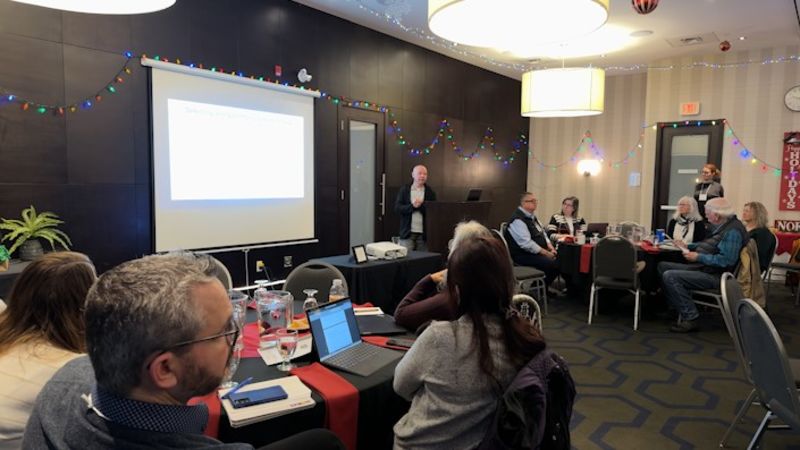
Nechako Watershed Roundtable sounds the alarm
PRINCE GEORGE – It was a gathering of like-minded people, all with a vested interest in the health of the Nechako Watershed. A room of civic officials, academia and First Nations. And the message off the top of the event from UNBC Hydrologist Dr. Stepehn Dery was pretty grim in terms of the impacts of climate change over the years.
“The Nechako Watershed will probably warm and actually accelerate in terms of warming in the future. So in the past, we’ve seen about a two-degree rise across in the watershed between 1950 and 2023, and we expect at least double that in the future. So for 2030 to 2100, we might see a 3 to 5 degree increase in air temperatures in addition to the two degrees that we’ve already seen.”
